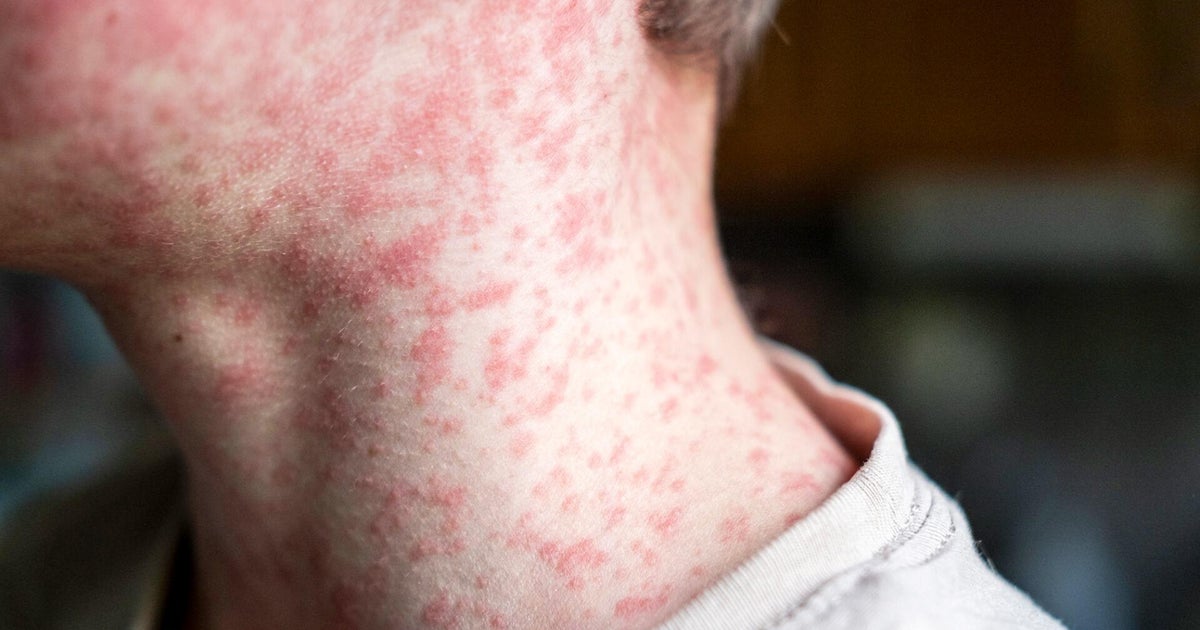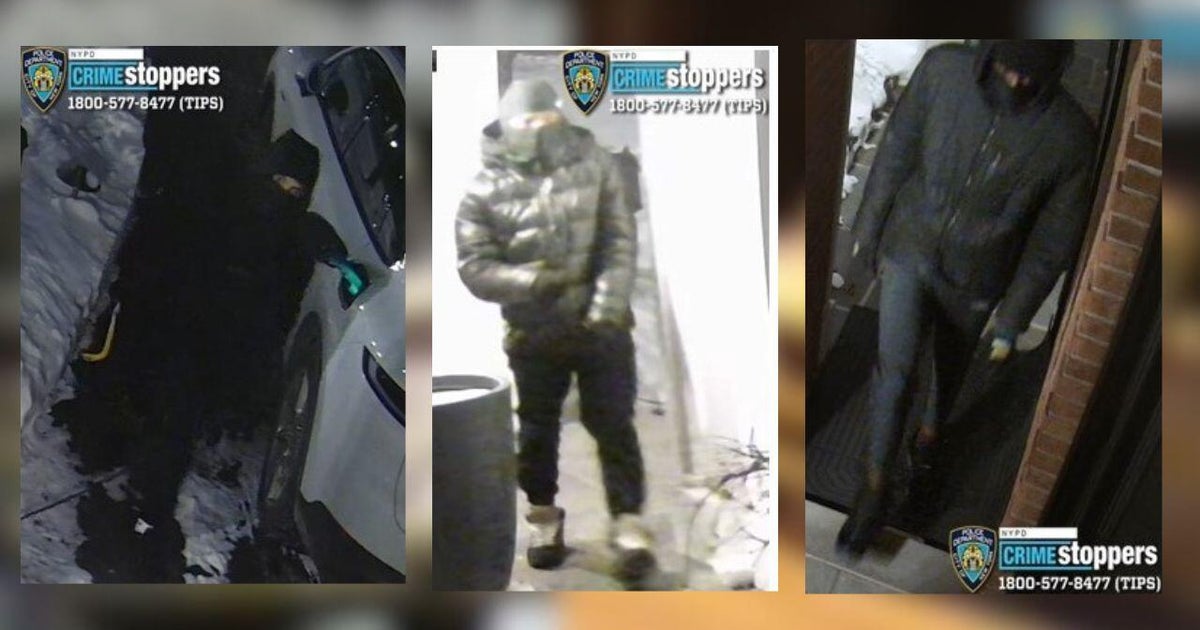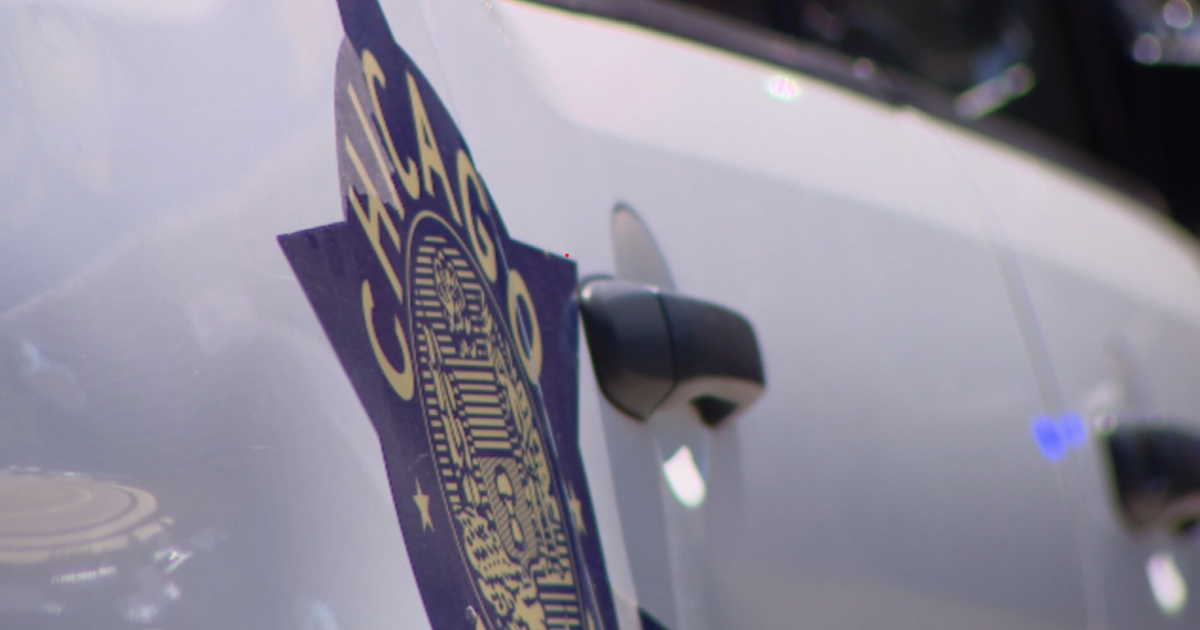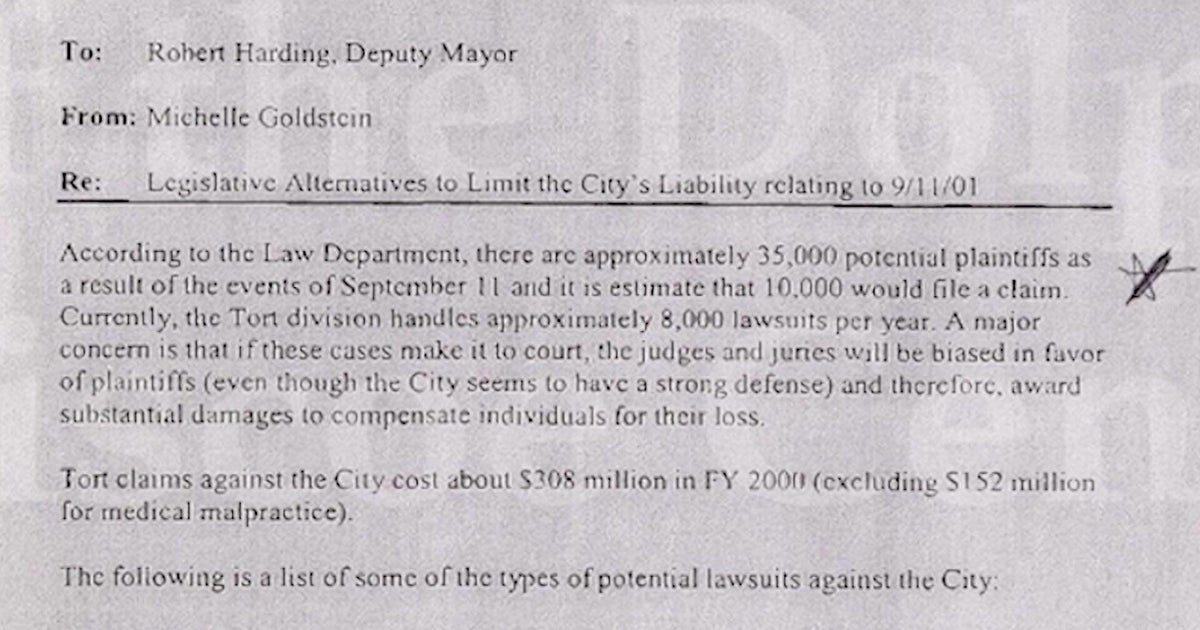Concern Growing Over Measles Possibly Spreading With Spring Break Travels, Religious Holidays This Weekend
PHILADELPHIA (CBS) -- Concern is growing over the potential for the spreading of measles with spring break travels and Easter and Passover coming up this weekend. A flight attendant is now in a coma after contracting measles as she only had one dose of the vaccine.
If you're over the age of 30, it might be hard to know if you have been adequately vaccinated against the measles. Guidelines changed in 1989 requiring two doses.
'Obviously I'm Concerned': Measles Outbreak Continues To Grow In U.S.
That's the issue with the new case of the infected flight attendant who traveled between New York and Israel, where there are measles outbreaks mainly among ultra-Orthodox Jewish communities. Some in those communities don't believe in vaccinations.
At the height of spring break, with many on crowded flights, there are growing concerns measles could also be on board, after a flight attendant was recently infected.
"It's scary," said one person. "There's been lots of misinformation out there about the vaccines."
Israel's Ministry of Health says an El Al flight attendant contracted measles in New York, in Israel, or on a flight between the two. She's now in a coma with brain inflammation, a complication and on a respirator as she's unable to breathe on her own.
The 43-year-old woman reportedly only had one dose of the measles vaccine as a child, which made her more susceptible.
According to the Centers for Disease Control and Prevention, two doses of the MMR vaccine is 97% effective in preventing measles, while one dose is about 93% effective.
Large-Scale Study Again Finds No Link Between MMR Vaccine And Autism
It's been standard practice to get two doses since 1989. However, experts say many people born before then are unsure if they're up to date.
"I have many patients who do not know what their vaccine status is," said Dr. T.J. Gold, of Tribeca Pediatrics. "If they have records, it'd be wonderful to check and make sure you have that second booster shot. If not, I think it's gotta be a case-by-case situation."
Doctors say measles outbreaks are hard to stop because symptoms don't appear until 10 to 12 days after exposure.
"So that would be longer infectivity and incubation, so it's a wider chance of spreading things," said Gold.
Many are now wondering if they should get the booster if they think they've been exposed.
"By the time you're starting to receive immunity from the vaccine, there could be some crossover, so it would only be helpful," said Gold.
Health officials are concerned about young babies as they don't get their first measles shot until after their first birthday. Parents are being advised to keep them away from potential exposures.







